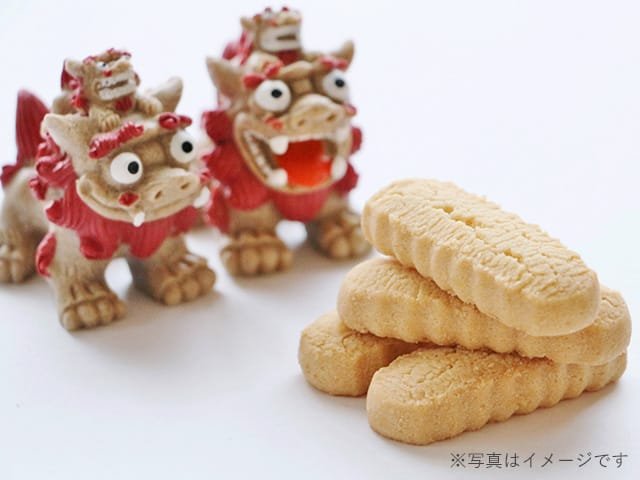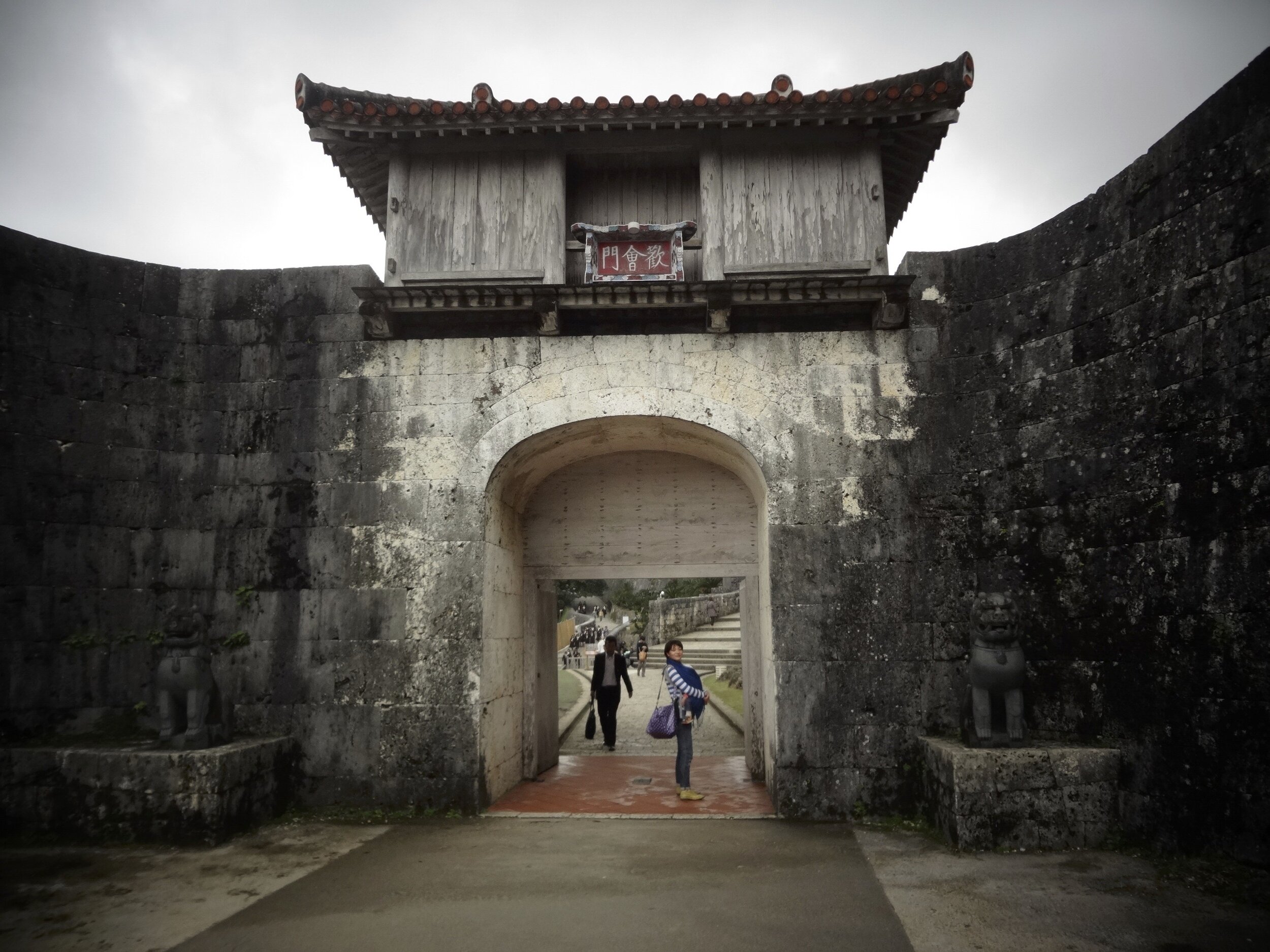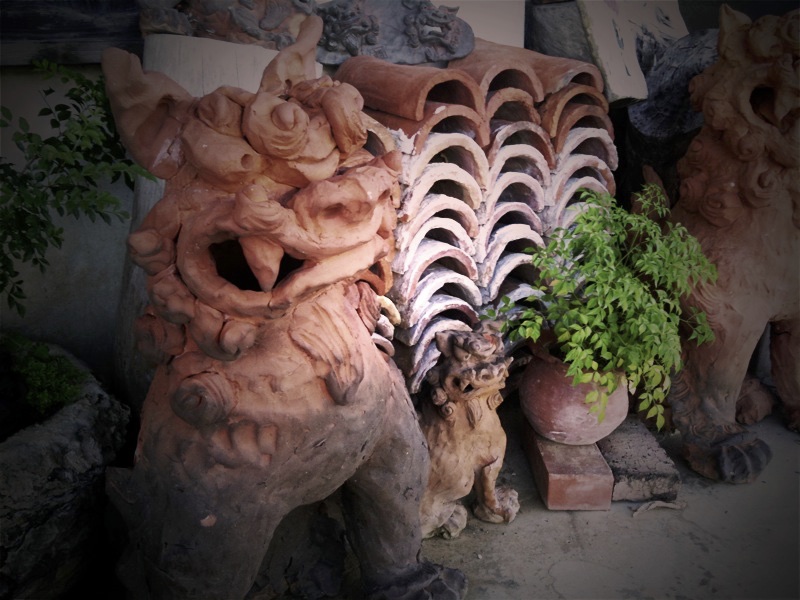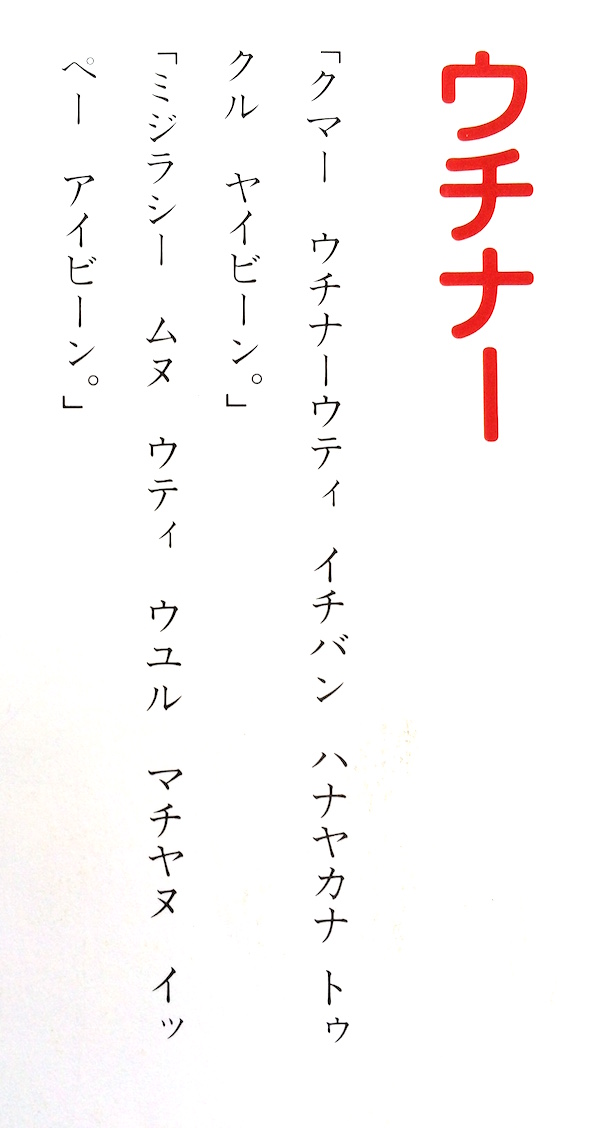This was originally posted in 2011. I have been to Okinawa almost ten times since.
During my most recent trip to Okinawa, I was at long last able to clear up a number of things regarding the local dialect/language that had been confusing me. And will be writing about those findings in coming posts.
As you might suspect, I listen to a lot of music from Okinawa and have even written about the song Chinsagu nu Hana in another post. The song is sung in a dialect known as Uchinā Yamato-guchi (ウチナーヤマトグチ, lit. “Okinawa- Japanese Language”), the Japanese language as it is spoken in Okinawa with the local accent and words and phrases from both the Ryūkyū language and to some degree American English. The word Uchinā, by the way, is how “Okinawa” is pronounced by Okinawans (O→U ki→chi na→na wa→a) and one of the first things I was happy to finally clarify. Ask your average Tarõ what Uchinā means and he’ll either say that he’s never heard of it or venture a guess that it means “us”, “our” or “my”, as in the standard Japanese phrase uchi no (うちの).
The Ryūkyū language, on the other hand, belongs to a subgroup of languages called the Japonic languages. It can be broken down further into six major dialects, which are generally unintelligible to each other. The following, nicked from Wikipedia, shows how to say “Thank you” and “Welcome” in each of these languages:
Thank you
Standard Japanese
Arigatō
Amami
Arigatesama ryoota
Kunigami
Mihediro
Okinawan/Uchinâ-guchi
Nifeedeebiru
Miyako
Tandigaatandi
Yaeyama
Miifaiyuu
Yonaguni
Fugarasa
Welcome!
Standard Japanese
Yōkoso
Amami
Imoorii
Kunigami
Ugamiyabura
Okinawan/Uchinâ-guchi
Mensooree
Miyako
Nmyaachi
Yaeyama
Ooritoori
Yonaguni
Wari
Most of these languages are on the verge of extinction thanks to the same sort of misguided integration policies used in France (Occitan, Breten) and Britain (Welsh), which suppressed their use. Only the Okinawan language (Uchinā-guchi) which is spoken in the southern part of the Okinawan mainland and was the official language of the Ryūkyū Kingdom since the reign of King Shō Shin (1477–1526) still counts a sizeable number of people (0.9 million) among its speakers.
The following list of Okinawan proverbs were found here. As you can see there is very little, if any, similarity with standard Japanese.
Ataishi turu atairu. - We get along well with those we can get along with well.
Achinee ya tankaa mankaa. - Business is a two-way street.
Aramun jooguu ya duu ganjuu. - One who eats plain food is healthy.
Ichariba choodee. - Once we meet and talk, we are brothers and sisters.
Uya yushi kwa yushi. - Parents and children teach one another.
Kaagee kaa ru ya ru. - Beauty is skin deep.
Kamuru ussaa mii nayun. - The more you eat, the more you gain.
Kuu sa kana sa. - Small things are lovable.
Kuchi ganga naa ya yakutatan. - A smooth talker is a good-for-nothing person.
Kutubaa. Jin chikee. - Spend words as efficiently as money.
Kutuba noo ushikumaran. - A word can't be recalled once spoken.
Shikinoo chui shiihii shiru kurasuru. - Let's live helping each other in this world.
Shinjichi nu ada nayumi. - Kindness will never be wasted in any way.
Jin too waraaran kwa tu ru waraariiru. - We can laugh happily with our children, but not with money.
Chu uyamee ru duu uyamee. - If you respect others, they will respect you.
Choo kukuru ru dee ichi. - The heart is the most essential human quality.
Tusui ya tatashina mun. Warabee shikashina mun. - The old should be treated with due respect. Children should be treated with gentleness.
Tusui ya takara. - The old people are treasures to us.
Miitundaa duu tichi. - Man and wife are one flesh.
Nuchi nu sadamee wakaran. - Only God knows one's term of life.
Machushi garu ufu iyoo tuyuru. - One who waits patiently will catch a big fish.
Miinai chichi nai. - We learn by watching and listening.
Mii ya tin niru aru. - Our fates are as registered by heaven.
Munoo yuu iyuru mun. - Speak well of others.
Yaasa ru maasaru. - Food is delicious when one is hungry.
Duu nu duu ya duu shiru shiyuru. - You know your body best.
Choo kani ru deeichi. - Common sense is essential.
Yii kutoo isugi. - Do good things quickly.
Chira kaagi yaka chimu gukuru. - Kind hearts are better than fair faces.
Yuu ya shititin mii ya shitinna. - Even if you hide yourself from the world, don't lose sight of your real nature.
Nmarijima nu kutuba wasshii nee kuni n wasshiin. - Forgetting your native tongue means forgetting your native country.
Ashibi nu chura saa ninju nu sunawai. - The more the merrier.
Acha nu neen chi ami. - Tomorrow is a new day.
Yikiga nu kutubaa shuumun gaai. - A man's word is his honor.
Mookiraa kwee michi shiri. - Once you have made a fortune, know how to spend it.



















